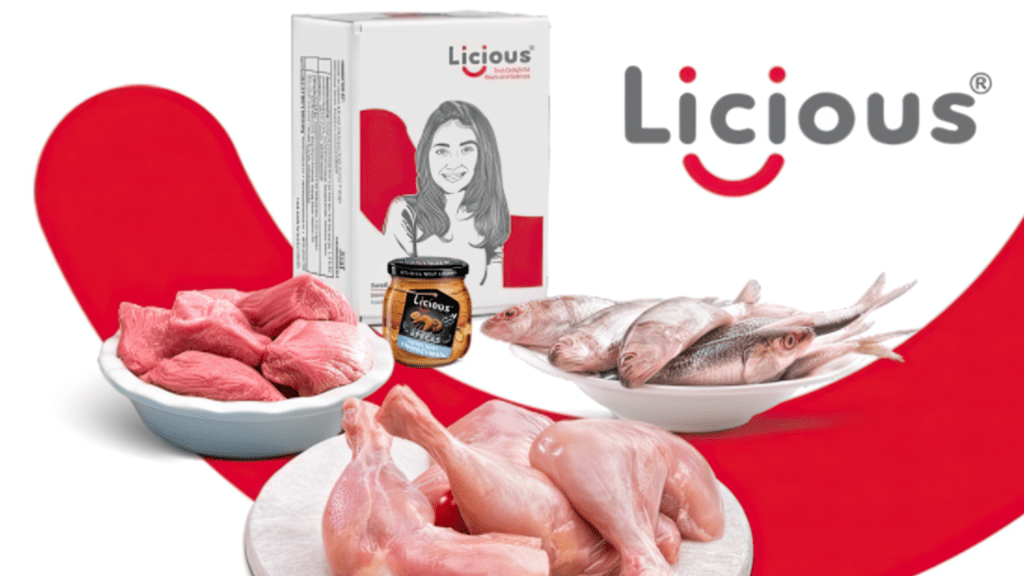Bengaluru-based meat delivery startup Licious experienced a 9.5% rise in operating revenue for the financial year 2022-23, increasing from INR 682.5 Cr in the previous fiscal year to INR 748 Cr.
The D2C brand generates income by offering a range of products including meat, seafood, cold cuts, and pre-cooked meat items.
Taking into account other sources of income, Licious posted a total revenue of INR 808.8 Cr in the financial year 2022-23, compared to INR 706.1 Cr in the prior fiscal year.
Meanwhile, the startup successfully reduced its net loss by over 38% to INR 528.5 Cr in FY23, down from INR 855.6 Cr, attributed to a decrease in cash burn.
Licious saw a 9.8% increase in its total expenditures, climbing from INR 1,191.4 Cr in the prior fiscal year to INR 1,309.2 Cr in FY23.
The largest expense for Licious was the procurement of meat. The startup allocated INR 644.6 Cr for this in FY23, marking a 16% increase from the INR 554.3 Cr spent in the previous fiscal year. This procurement cost made up 49% of the startup’s overall expenditures for the year in question.
Expenses related to employee benefits climbed 14.5% to INR 240 Cr in FY23, up from INR 209.5 Cr in the previous fiscal year. These costs include elements such as employee salaries, provident fund contributions, and gratuity.
The D2C brand allocated INR 128.5 Cr for advertising and promotional activities, showing a 24% decrease from the INR 169.8 Cr spent in the prior fiscal year. D2C companies are typically known for investing heavily in advertising to expand their customer reach.
In terms of unit economics, Licious expended INR 1.7 to generate each rupee from its operations. The startup’s EBITDA margin saw improvement, moving to -58.9% in FY23 from an earlier -115.1% in FY22.
Established in 2015 by Abhay Hanjura and Vivek Gupta, Licious achieved unicorn status in 2022 following a Series G funding round of $52 million. The round was spearheaded by IIFL AMC’s Late Stage Tech Fund and included participation from multiple other private equity investors.
After this milestone, the company secured $150 million in a funding round in March of the previous year, with Amansa Capital leading the charge. Subsequent to this capital infusion, the D2C brand expanded into the plant-based meat sector with the introduction of UnCrave.
Earlier this month, Licious found itself drawing media attention for less than positive reasons. Reports suggested a growing tension between the cofounders and stated that the company was engaged in raising a bridge round because it failed to meet its monthly goals. However, these allegations were later refuted by the cofounders in a subsequent interview.
Licious competes with several other brands in the market, including FreshtoHome, Captain Fresh, Zapp Fresh, and TenderCuts.
Last month, TenderCuts faced a distress sale as it couldn’t raise a new round of capital. Meanwhile, Bengaluru’s CaptainFresh has redirected its entire focus towards exports. Earlier this year, the Chennai-based meat retail brand Fipola also closed its operations.
